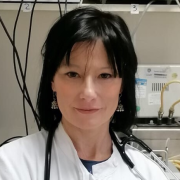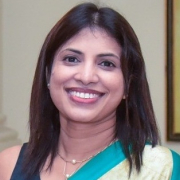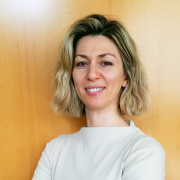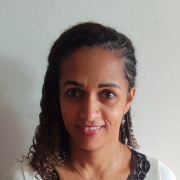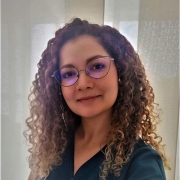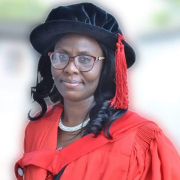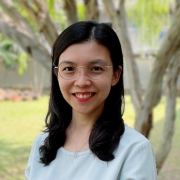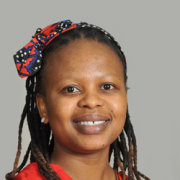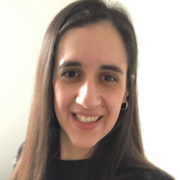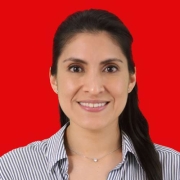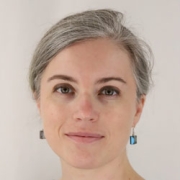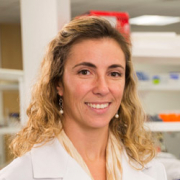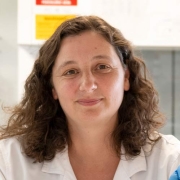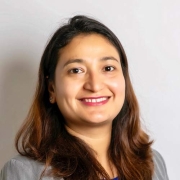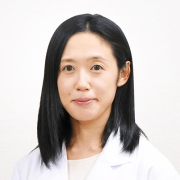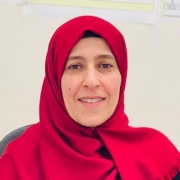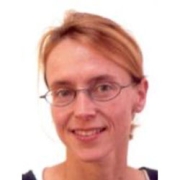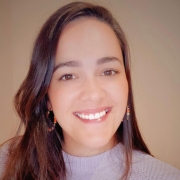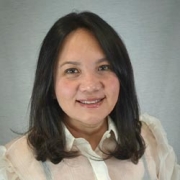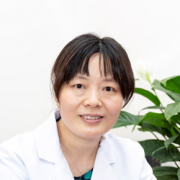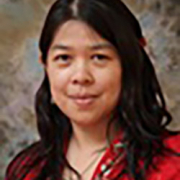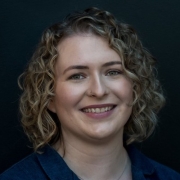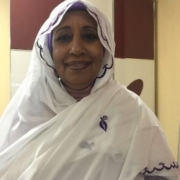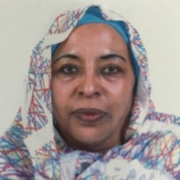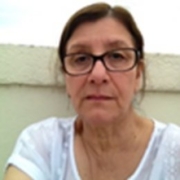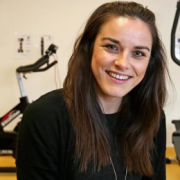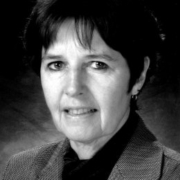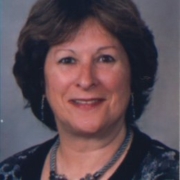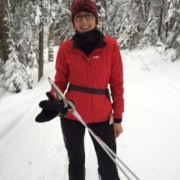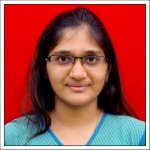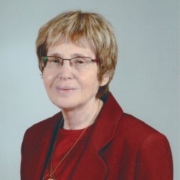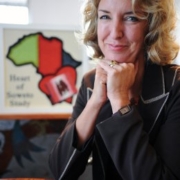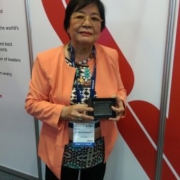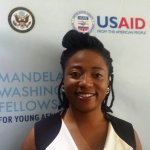What is your role at your work?
As an early-career investigator in health metrics, I lead research on the burden of non-communicable diseases and cardiometabolic risks in Latin America. I coordinate country-specific teams to disseminate findings from the Global Burden of Disease Study (GBD) and inform health policy and regional priorities.
How did you get interested in your career path?
While studying human nutrition, I developed an interest in the determinants of metabolic and cardiovascular health and the interplay of risk factors and health systems. I was inspired by the academic and research environment in the Endocrinology and Metabolism Department at the National Institute of Medical Sciences and Nutrition in Mexico. My undergraduate thesis explored the relationship between diet and reactive hypoglycaemia (DOI: 10.24875/GMM.M17000007), which led me to pursue a master’s and PhD in nutrition.
What are you most proud of in your career or otherwise?
I’m proud to advance research on global health priorities and disparities at the Institute for Health Metrics and Evaluation. Collaborating with international researchers and policymakers to address local health challenges, such as hypertension and other non-communicable diseases, has been a key highlight of my career.
What important career challenges have you faced and how did you overcome them?
Balancing professional growth, personal life, navigating immigration processes, and overcoming impostor syndrome has been incredibly challenging. I leaned on resilience, supportive mentorship and meaningful personal relationships to persevere and grow.
What advice would you give your younger self?
Trust the process, embrace uncertainty, and don’t hesitate to seek help, mentorship, and collaboration. Communicate early and often—research is a team effort, not a solo endeavor.
Highlight your most significant research contributions and publications (3-5) – if relevant to you.
Key contributions include studies on the burden of disease and a meta-analysis on the effect of systolic blood pressure on ischemic heart disease.
- Razo C, Lozano R, Gutiérrez-Robledo LM. Burden of disease in older adults in Mexico, 1990-2022: time trends and challenges for the health system. Gac Med Mex. 2024;160(3):330-340. English. doi: 10.24875/GMM.M24000901. PMID: 39602608.
- Mensah GA, Fuster V, Murray CJL, Roth GA; Global Burden of Cardiovascular Diseases and Risks Collaborators. Global Burden of Cardiovascular Diseases and Risks, 1990-2022. J Am Coll Cardiol. 2023 Dec 19;82(25):2350-2473. doi: 10.1016/j.jacc.2023.11.007. PMID: 38092509; PMCID: PMC7615984.
- Razo C, Morales-Juárez L, Cagney J, Ríos-Blancas MJ, Montoya A. The burden attributable to risk factors in Mexico, 1990-2021. Summary of the findings from the Global Burden of Disease 2021 study. Gac Med Mex. 2023;159(6):523-531. English. doi: 10.24875/GMM.M24000841. PMID: 38386878.
- Razo C, Welgan CA, Johnson CO, McLaughlin SA, Iannucci V, Rodgers A, Wang N, LeGrand KE, Sorensen RJD, He J, Zheng P, Aravkin AY, Hay SI, Murray CJL, Roth GA. Effects of elevated systolic blood pressure on ischemic heart disease: a Burden of Proof study. Nat Med. 2022 Oct;28(10):2056-2065. doi: 10.1038/s41591-022-01974-1. Epub 2022 Oct 10. PMID: 36216934; PMCID: PMC9556328. Prevalence, years lived with disability, and trends in anaemia burden by severity and cause, 1990–2021
WM Gardner, C Razo, TA McHugh, H Hagins, VM Vilchis-Tella, … The Lancet Haematology 10(9), e713-e734
- Gardner WW, Razo C, McHugh TA, Kassebaum NJ, GBD 2021 Anaemia Collaborators. Prevalence, years lived with disability, and trends in anaemia burden by severity and cause, 1990-2021: findings from the Global Burden of Disease Study 2021. Lancet Haematol. 2023 Sep;10(9):e713-e734. doi: 10.1016/S2352-3026(23)00160-6. Epub 2023 Jul 31. Erratum in: Lancet Haematol. 2023 Oct;10(10):e796. doi: 10.1016/S2352-3026(23)00283-1. Erratum in: Lancet Haematol. 2024 Jan;11(1):e10. doi: 10.1016/S2352-3026(23)00373-3. PMID: 37536353; PMCID: PMC10465717.
Have you had any significant career mentors? If yes, please provide further details.
Yes, mentors have guided my initiation and growth as a researcher. Barbara Vizmanos, my master’s thesis director at the University of Guadalajara in Mexico, believed in me and my capabilities, supporting my research career from the start. Rafael Lozano, Professor Emeritus at the University of Washington and my PhD advisor, has motivated me by offering valuable insights into fostering leadership and collaboration opportunities in global health. Emmanuela Gakidou, Professor at the Institute for Health Metrics and Evaluation (IHME), has also been incredibly supportive throughout my journey, particularly in my first year as an Acting Assistant Professor.
How can we support the next generation of women scientists?
To support the next generation of women scientists, I think it is essential to lead by example with a commitment to equity, ensure fair representation, and appropriately recognize contributions. I advocate for closing the gender pay and maternity gaps, fostering safe and inclusive environments where women can thrive both professionally and personally, acknowledging the full spectrum of women’s work, and providing mentorship that extends beyond scientific expertise to include skills in finance, leadership and communication.












